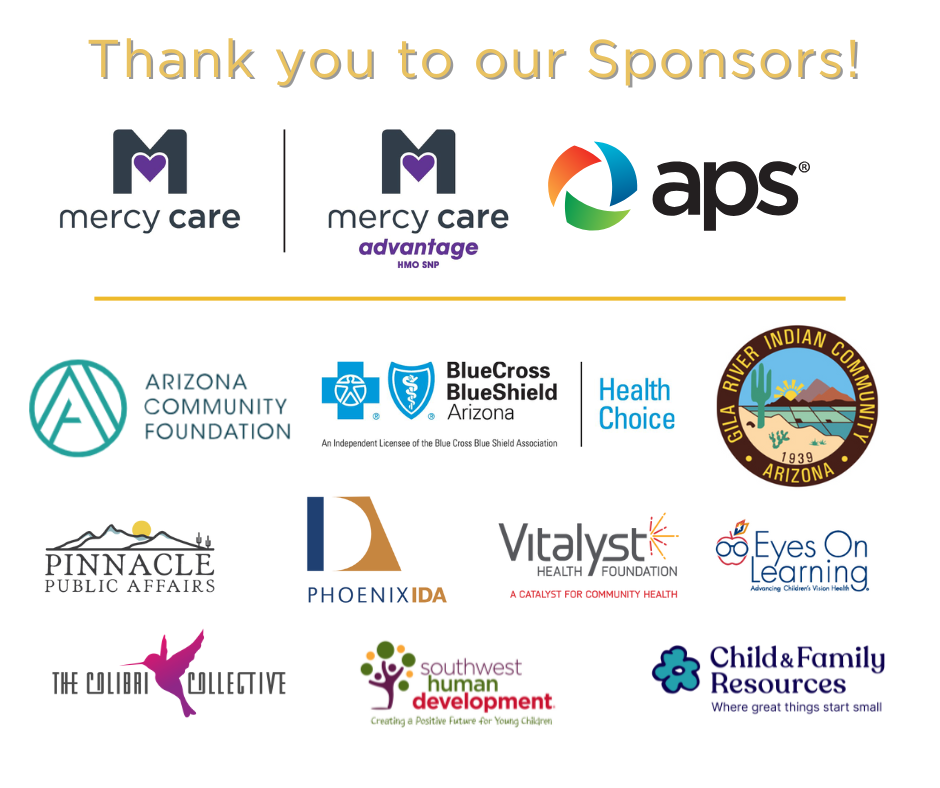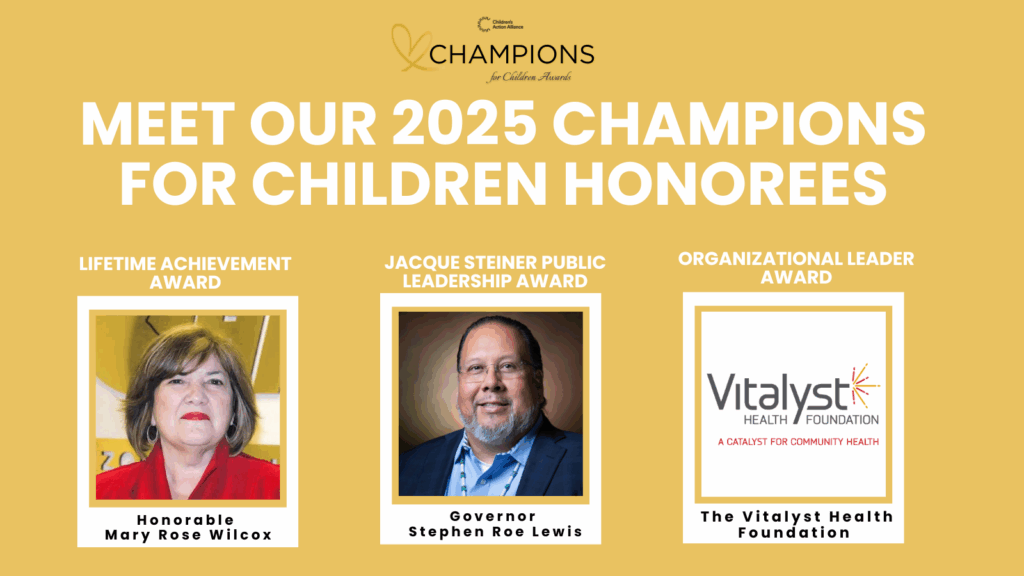How Did Your Representative Vote on Keeping the Cost of Health Insurance Affordable?
Good News: Yesterday, the U.S. House of Representatives passed a bill extending tax credits that make marketplace health insurance plans more affordable. Specifically, a bipartisan majority came together to pass Enhanced Premium Tax Credits (EPTC) for three years, providing vital financial support that helps consumers purchase or maintain health insurance through the Affordable Care Act (ACA) Marketplace.
This matters because 425,000 Arizonans receive their care through the ACA Marketplace, many of whom have seen their premiums increase significantly in 2026 without EPTC support. Now too many Arizonans are at risk of or are already unable to afford their health insurance and will go without coverage.
We thank Representatives Yassamin Ansari, Adelita Grijalva, and Greg Stanton for voting for this bill.
We are disappointed that Representatives Biggs, Ciscomani, Crane, Gosar, Hamadeh, and Schweikert opposed the bill.
Now the bill will move to the U.S. Senate. Senator Mark Kelly and Senator Ruben Gallego have repeatedly expressed support for keeping health care affordable, including through EPTC’s.
Please continue to share how rising ACA Marketplace premiums and the loss of subsidies impact you through letters to the editor of your local media, social media, and by keeping others informed. This bill can make a difference in keeping children and families insured, and there is more work ahead!



